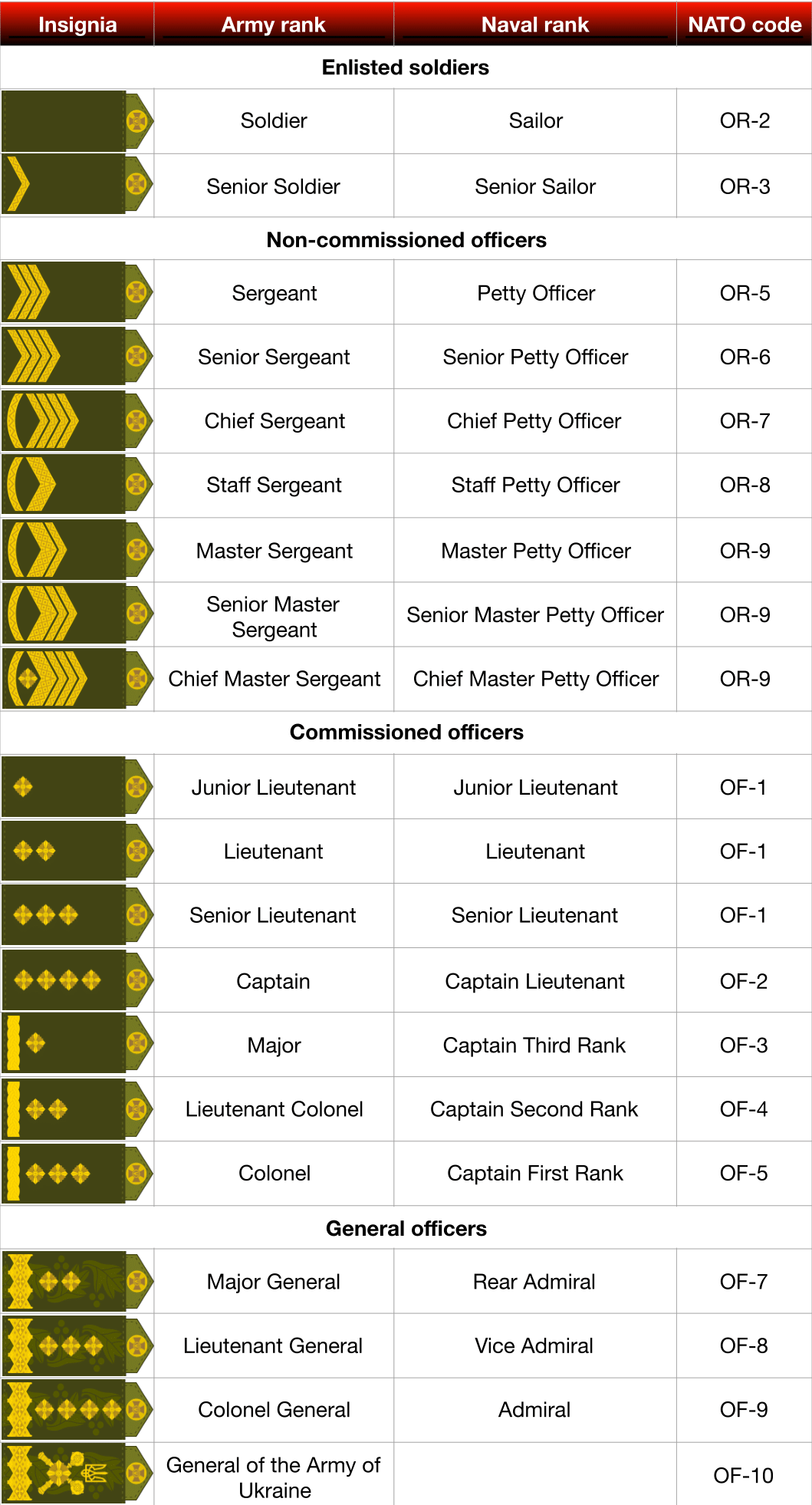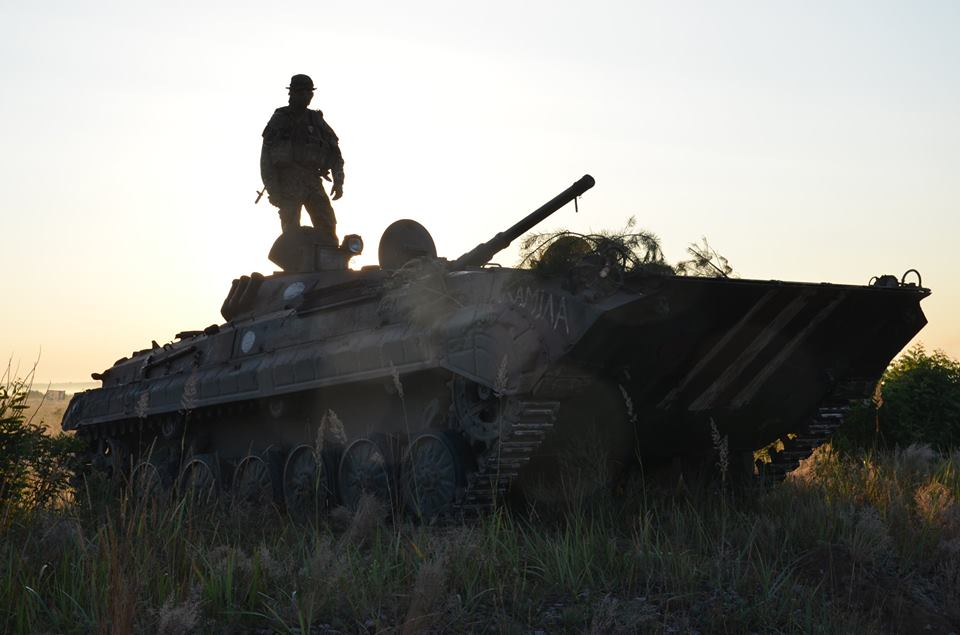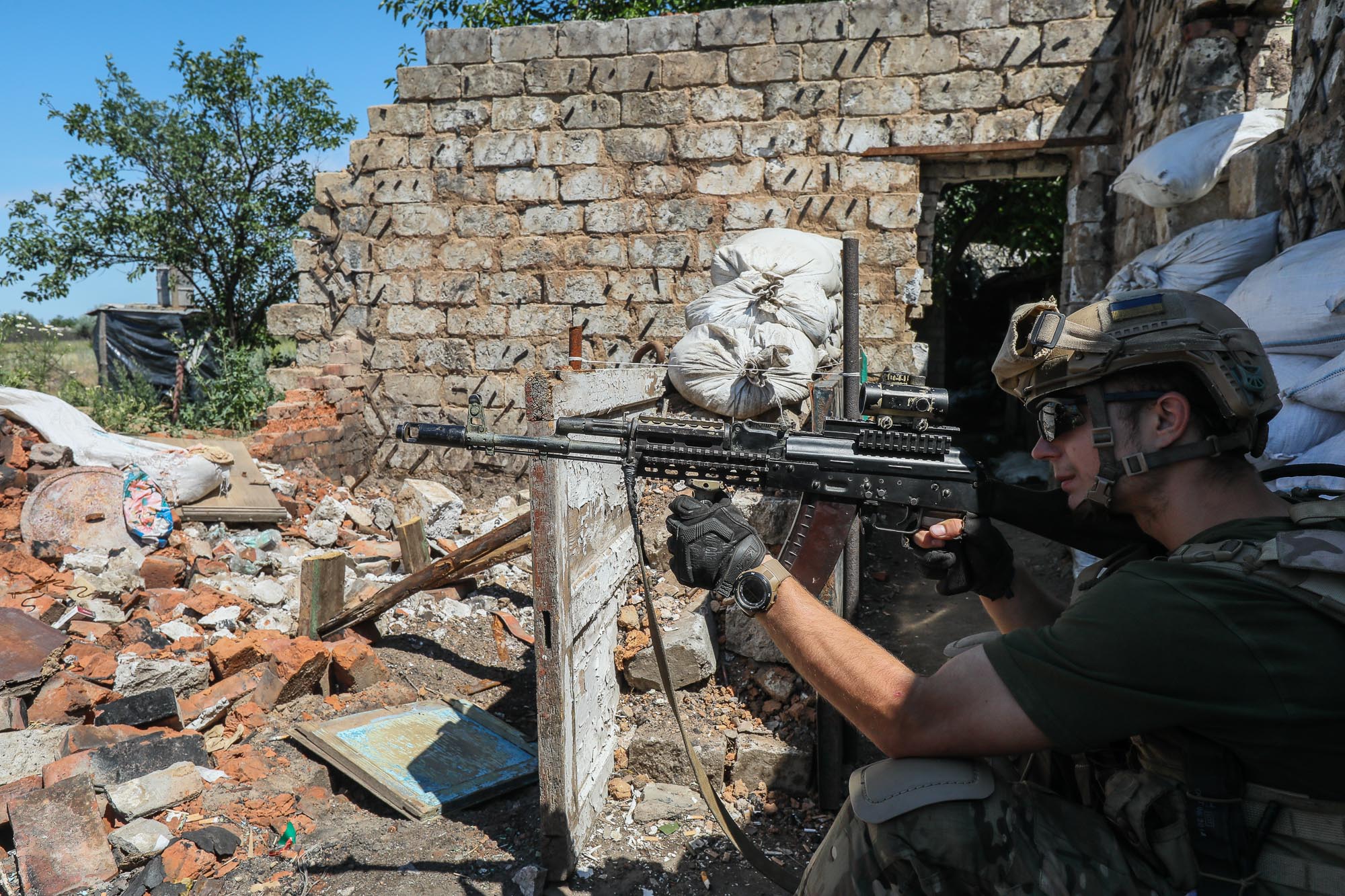It took only a couple of hours to derail months, even years of painstaking work to reform Ukraine’s armed forces.
Ukraine’s parliament on Feb. 26 rejected two bills vital for the military – one to introduce a new, NATO-style system of ranks, and another to make long-overdue amendments to outdated Soviet military service regulations.
The setback came just 19 days after lawmakers voted to enshrine in the constitution Ukraine’s ambitions of joining NATO, the 29-nation political and military alliance started in 1949.
Those same lawmakers have now made that goal much harder to achieve by rejecting laws that would make Ukraine’s army interoperable with NATO forces by late 2020.
The military say the price of this defeat could be very high – if Ukraine misses its 2020 reform deadline, the alliance could drastically cut back its cooperation programs with Ukraine. Worse, the already-stumbling defense reform in Ukraine now faces real danger of failing completely, with very few chances to save the situation.
Westernized force
The first rejected bill on military ranks was registered in parliament in April 2017.
Drawn up by Defense Ministry officials and the military, the draft law focused mainly on introducing a so-called “sergeant corps” consisting of non-commissioned officers or NCOs, similar to the system used by the U.S. Army.
Under the bill, there would be a completely new chain of command, with seven new NCO ranks: sergeant, senior sergeant, chief sergeant, staff sergeant, master sergeant, senior master sergeant, and chief master sergeant.
Each rank was to command personnel at a corresponding level, from squads, to platoons, companies, battalions, and brigades, all the way up to chief master sergeant – the highest NCO rank in the armed forces.
The ranks of enlisted soldiers, officers, and generals remained the same.
The same system, only with different rank titles, was to be used in the Ukrainian navy. Crucially, the new hierarchy was designed so that each rank had a direct NATO equivalent: Under the NATO Standard Agreement, STANAG 2116, all enlisted soldiers and NCOs are coded as OR (“other ranks”) from bottom to the top, OR-1 to OR-9. Officers are referred to as OFs, on the same principle from OF-1 to OF-10.

A list of proposed military ranks for Ukraine’s Armed Forces under a bill failed in the Verkhovna Rada on Feb. 26, 2019. (Illia Ponomarenko/Kyiv Post)
A Ukrainian sergeant would have the code OR-5, and his rank, position, and role would immediately understandable to all NATO troops. Ukrainian forces could then be completely interoperable with NATO forces in joint combat operations and maneuvers – one of the 2020 reform program’s top goals.
And crucially, the new system would sweep away the Soviet-era model, in which sergeants are a lowly rank in a single-strand military hierarchy.
Instead, the Ukrainian army would switch to Western military tradition, in which commissioned and non-commissioned officers form two parallel strands of hierarchy.
Oleksandr Kosinskiy, the equivalent in Ukraine’s Armed Forces of the most senior NCO, explained the proposed changes in an interview with the Kyiv Post in February 2018.
“In NATO armies, a battalion commander and a battalion sergeant major are not a leader and a follower, but two equally weighted experts working in different ways. While officers take decisions and plan, sergeants take care of every soldier on a daily basis, maintaining proper discipline and morale.
“There are people who tend to prefer brain work, who love planning, strategy-making, so they are natural-born officers,” Kosinskiy said. “However, others aspire to work with personnel, give training, directly lead soldiers into action, and so on. It is they who should become NCOs.”
Killed by apathy
But after almost two years of collecting dust in parliament’s defense and security committee, the carefully thought-out bill was voted down by lawmakers in about half an hour.
The first vote to review the draft under a simplified procedure was endorsed by only 43 lawmakers, while 19 voted against; A total of 278 lawmakers didn’t vote.
Prior to the voting, lawmaker from 135-seat Petro Poroshenko Bloc fraction Ivan Vinnyk expressed his indignation over the fact that much of the parliament did not even care to be present at their voting boards.
He accused his absent colleagues, whom he did not name, of explicitly neglecting important military reform bills in favor of promoting themselves amid ongoing presidential campaign instead.
“I can’t see any presidential candidates in the hall,” he said.
“A lawmaker’s work as it defined by the constitution, is not only about giving fiery speeches to be widely quoted in media, but also about appropriate working with legislation, about conscious presence at the workplace, processing and criticizing draft bills.”
Several attempts to approve the bill in principle or send it back for revision failed, amid overwhelming disinterest from lawmakers.
Parliament speaker Andriy Parubiy eventually declared the bill dismissed.
That was only the first disaster: later in the day, a second bill on modernizing military regulations, which had been submitted to the parliament in February 2018, was also killed off by lawmaker apathy.
With its extensive amendments to army regulations dating from Soviet times, the bill was supposed to provide the complete legal basis for a Western-style sergeant corps in the army.
It was to specify all duties and authorities of the new NATO-style military ranks and positions, and also launch a modern new military police force.
But over a series of votes, the draft law garnered at most 171 votes in favor, with at least 262 votes needed for it to pass. After several failed attempts, the speaker dismissed it too.

A Ukrainian soldier gets on top of a infantry fighting vehicle during drills at the Honcharivskiy firing range on July 1, 2016. (Ministry of Defense of Ukraine )
Spectacular failure
While rejecting vital, nuts-and-bolts defense reforms, parliament earlier had no problem passing populist, declarative, and essentially cosmetic amendments to the constitution on Feb. 7 that made joining NATO a strategic goal of the state.
The amendments passed by 334 votes, to loud cheers of the EuroMaidan Revolution slogan, “Glory to Ukraine – Glory to the Heroes!” in reference to the uprising that overthrew the president
But that vote in fact did nothing to bring Ukraine any closer to joining NATO.
In contrast, as lawmaker Ivan Vinnyk told the Kyiv Post, with the defeat of the defense reform bills on Feb. 26, the difficult process of bringing the regulations and practices of Ukraine’s armed forces into line with those of NATO has now failed spectacularly.
That said, there is hope some of the reforms can be put back on track: Vinnyk and his fellow lawmakers designed a second draft law that also introduces a NATO-style army rank system, which he submitted to parliament in March 2018.
The bill proposes a somewhat extended chain of command, adding the enlisted ranks of recruit (OR-1) and corporal (OR-4), which the Defense Ministry earlier rejected.
But long and painstaking consultations with experts and military officers are still required before the bill can be put to the vote, Vinnyk said.
“Maybe (it will work out),” the lawmaker told the Kyiv Post. “But then again, I’ve got the feeling that until the end of the presidential elections, let’s say late April, we won’t be able to work in parliament effectively. And this is really sad.”

A Ukrainian soldier adjusts his collimator sight as he draws his combat duty in the town of Zaitseve on June 25, 2018. (Volodymyr Petrov)
Problems ahead
The defeat of the bills in parliament is a bitter blow to the army, which has been waiting for years for the reform.
Throughout the armed forces, thousands of private soldiers are doing the work of sergeants, while many NCOs are working in positions that would be held by ordinary soldiers in a NATO-style force. The current mess complicates management, and damages morale.
Had the bills passed, the army could have got down to straightening out its chains of command. But that’s been put on hold, indefinitely.
Meanwhile, the deadline to bring Ukraine’s armed forces into line with NATO standards is fast approaching. But as a senior General Staff officer told the Kyiv Post on the condition of anonymity, because he was not authorized to speak publicly to the press, now “there are almost no realistic chances of getting this done by the end of 2020.”
The officer also said the Ministry of Defense, bitter that its own draft law has sustained such a crushing defeat, is not likely to support Vinnyk’s alternative bill.
For the army, the failure to approve the reform bills spells big trouble.
“Those amendments were needed by the whole Armed Forces, starting from ordinary soldiers right up to senior command, the senior officer said.
“Everyone is literally yelling: ‘Give us the new regulations.’ Everybody’s been waiting for them, and say they should have been passed five years ago. The current regulations don’t match up with the real situation in the army in 2019.”
The second bill, also carefully reviewed by Western-trained Ukrainian officers, would also have made lots of vital changes to bring the army into line with NATO, he said.
“But now it’s failed too – and no one knows what to do next.”
Ukraine is now likely to fail to complete some of its key defense reform goals by the Dec. 31, 2020 deadline set by the Strategic Defense Bulletin, the reform roadmap approved back in 2016.
“This is a very serious problem,” the senior officer told the Kyiv Post. “In late 2020, the alliance will assess the results of Ukraine’s military reform, in all of the aspects we outlined.”
“If it finds we haven’t reached our goals, NATO might eventually opt to curtail its support and cooperation with us.”
